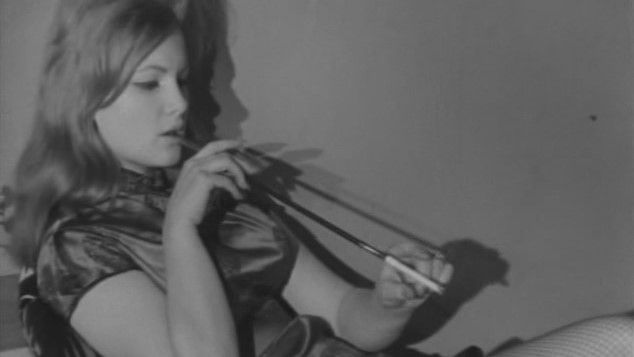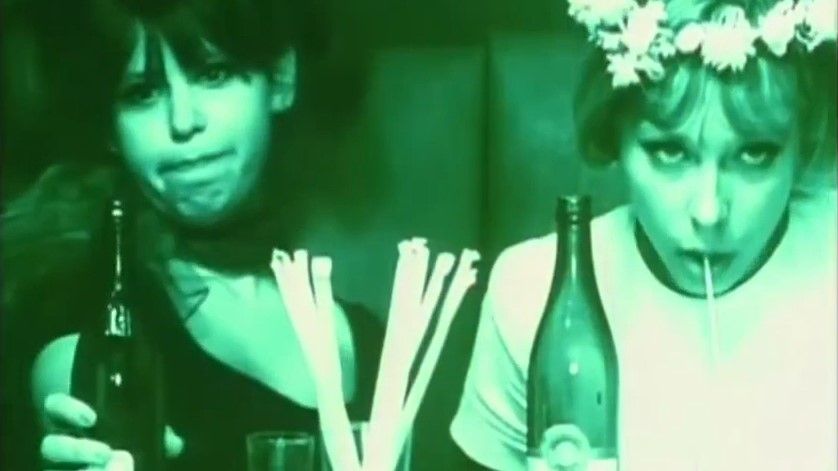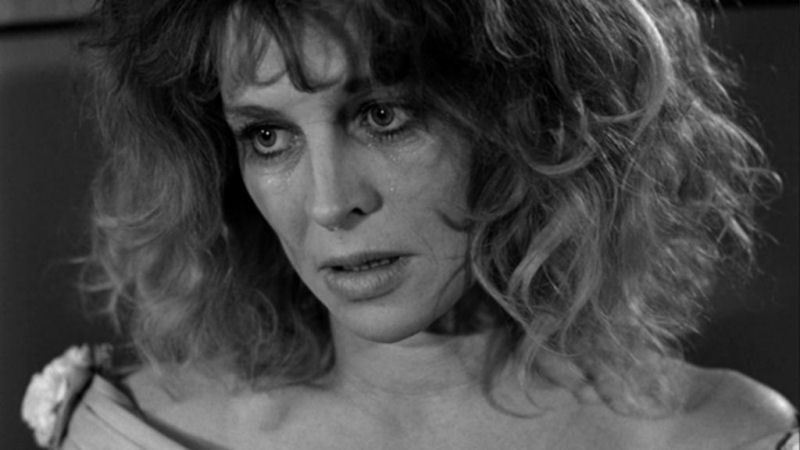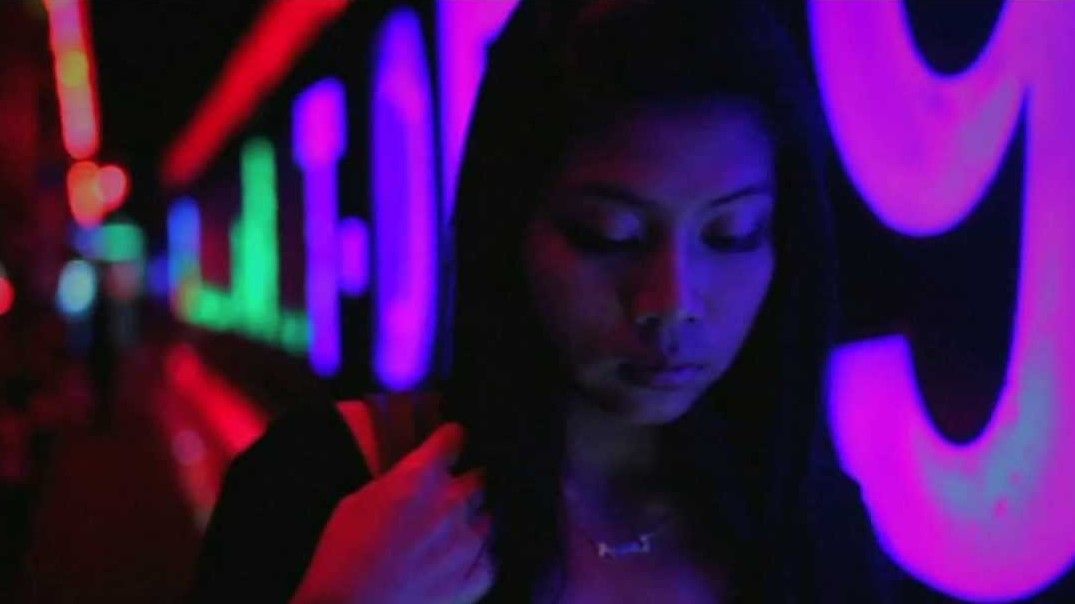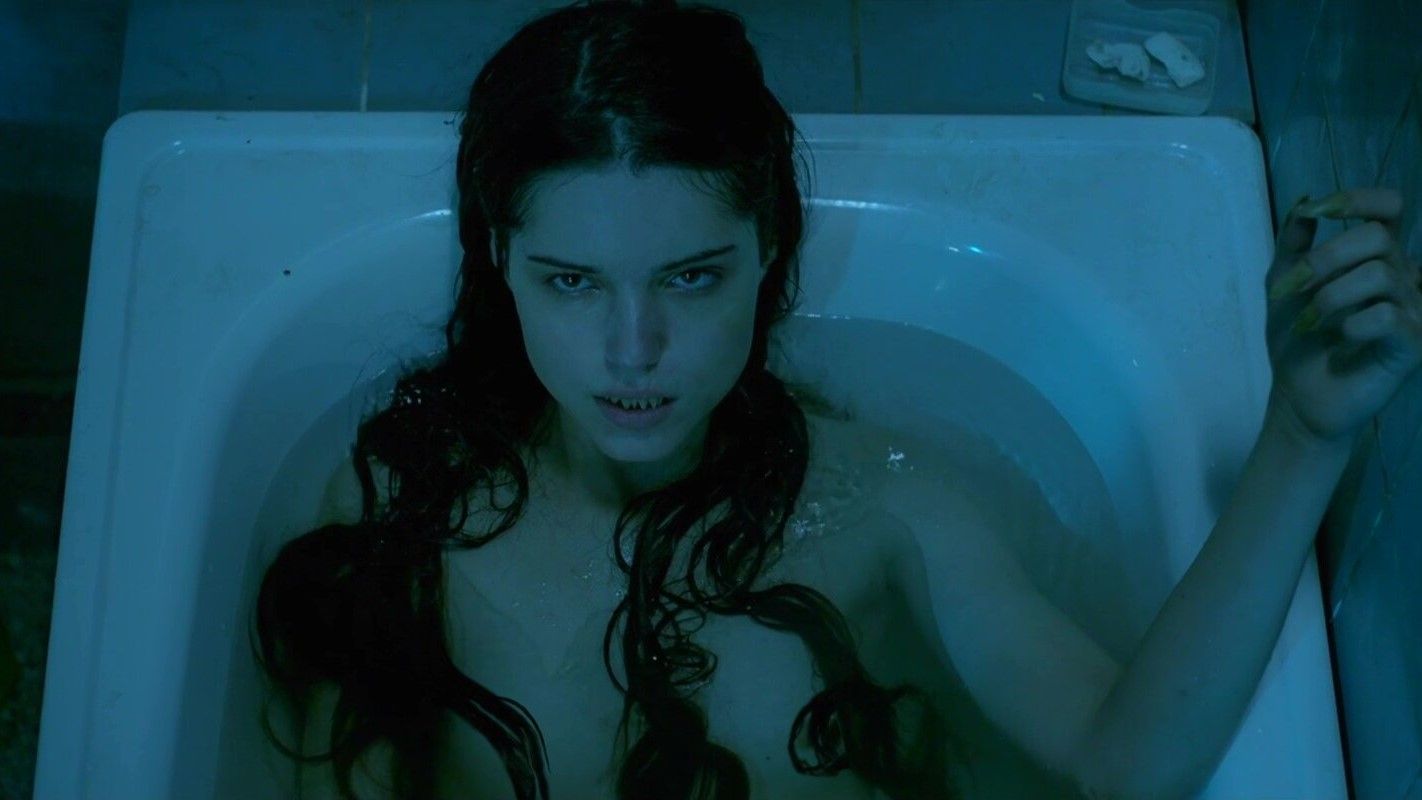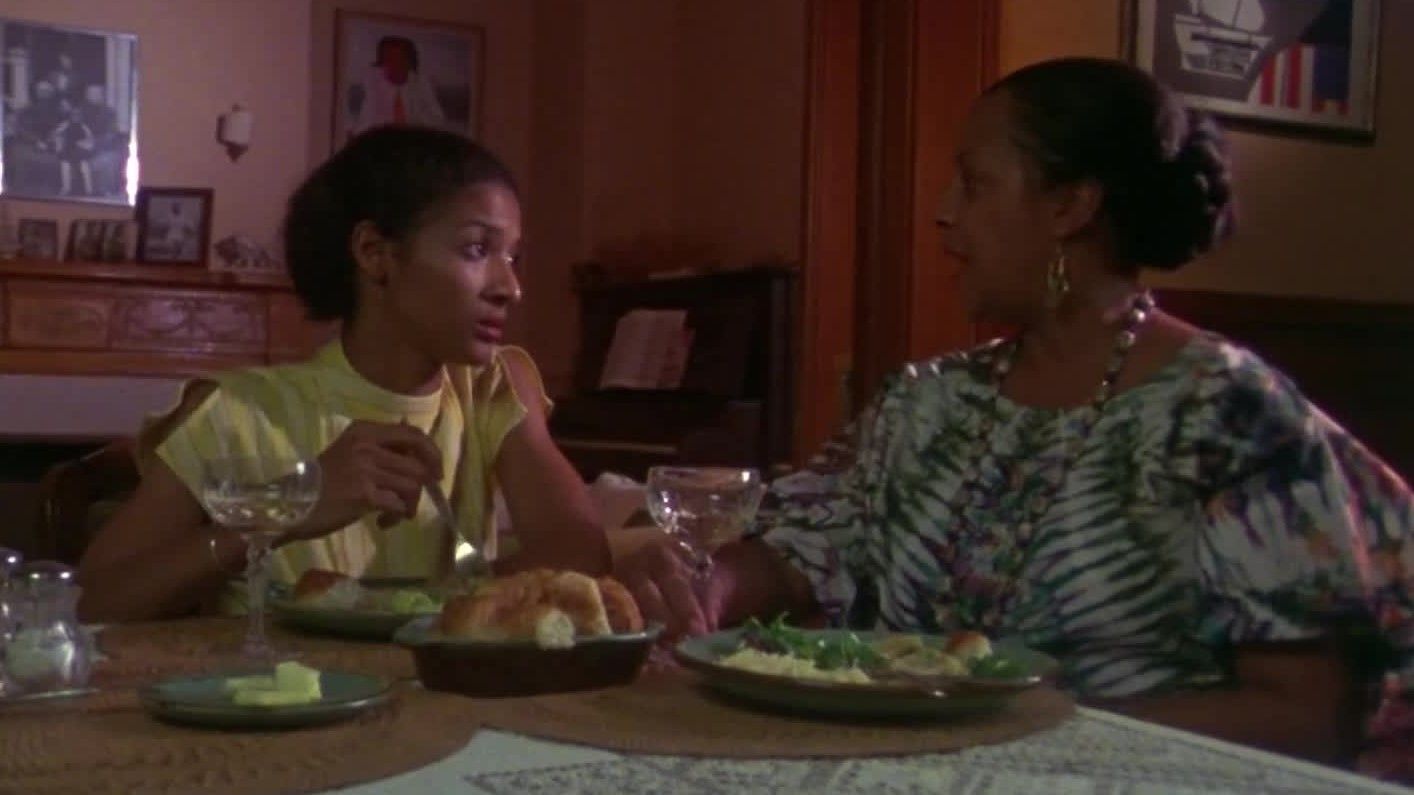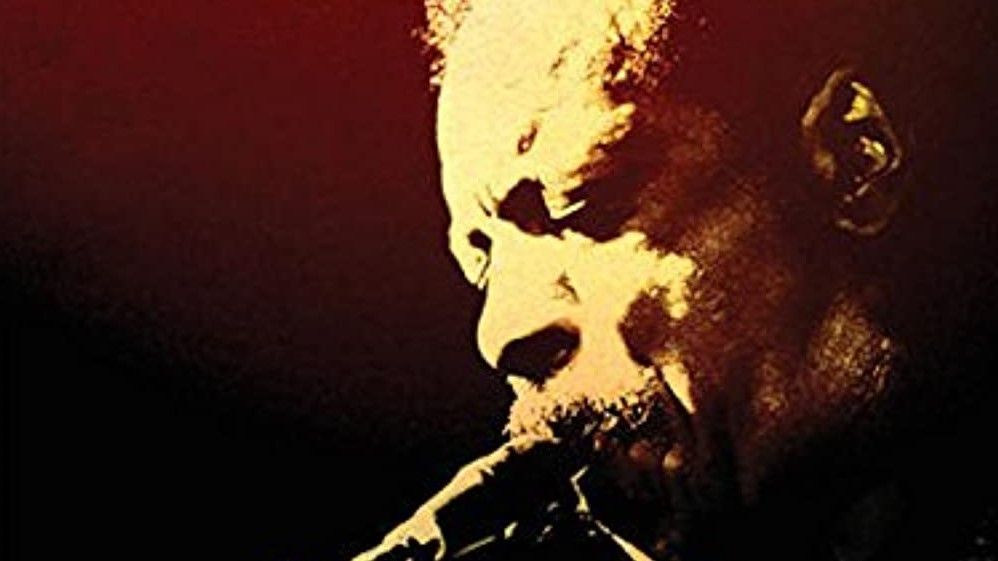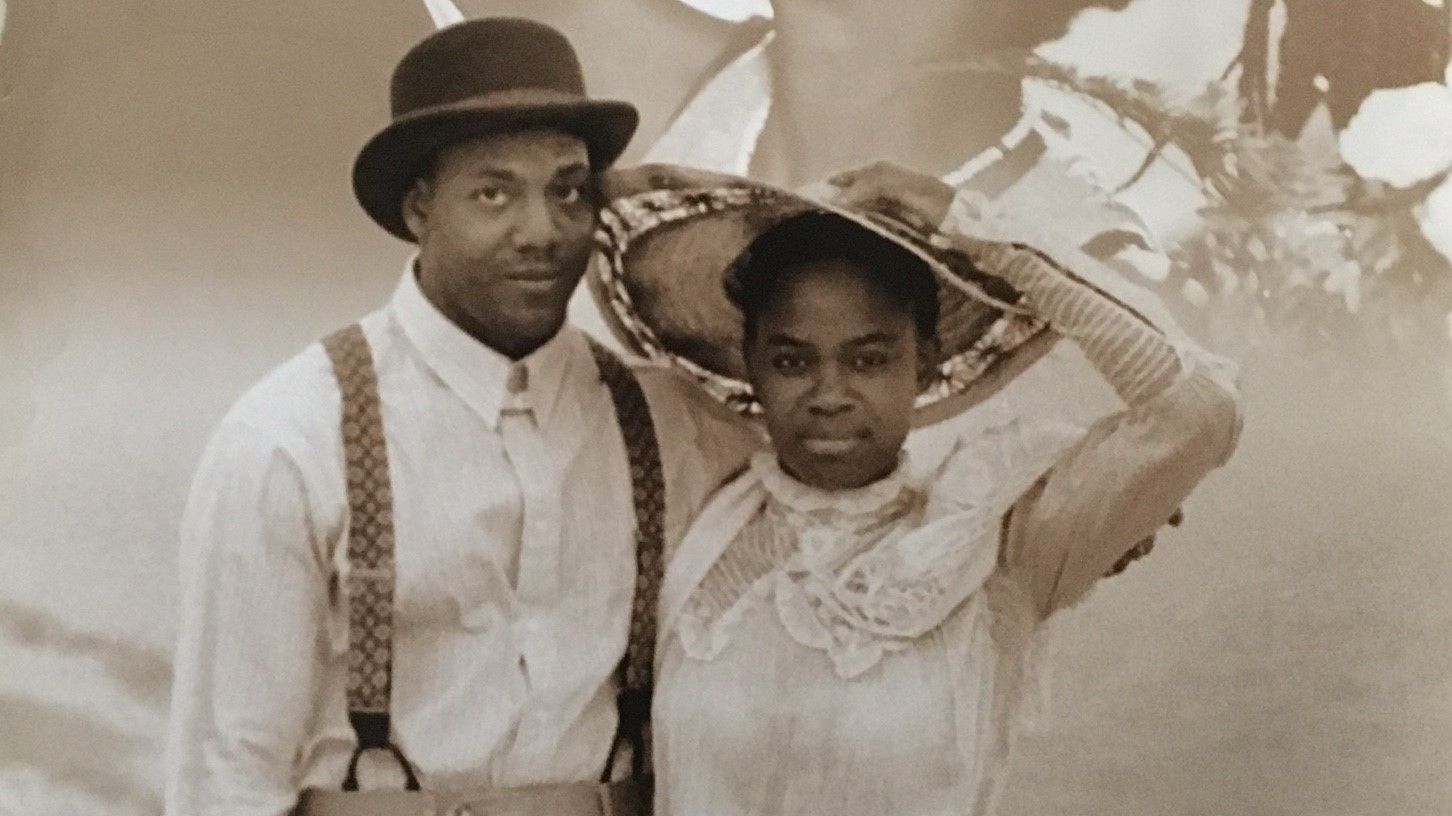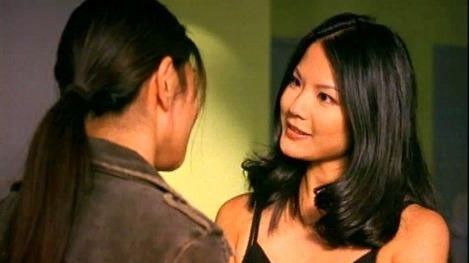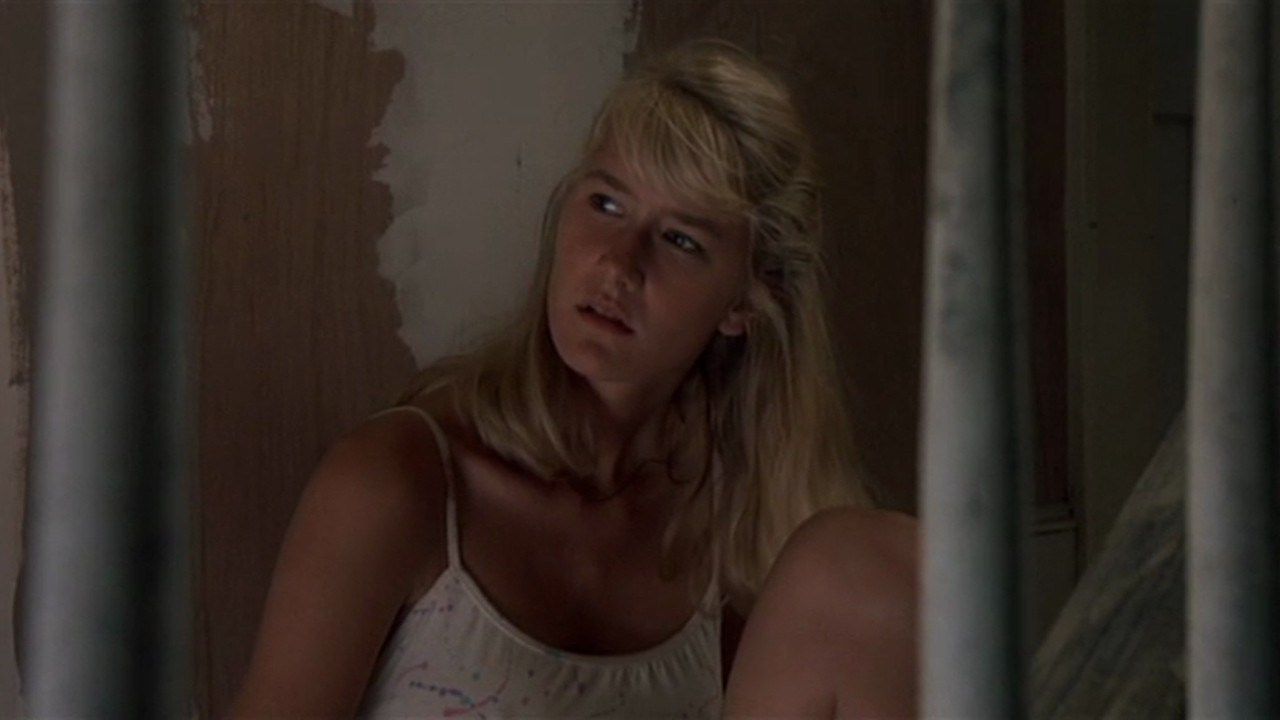Best female-led cult classics to stream on the Criterion Channel
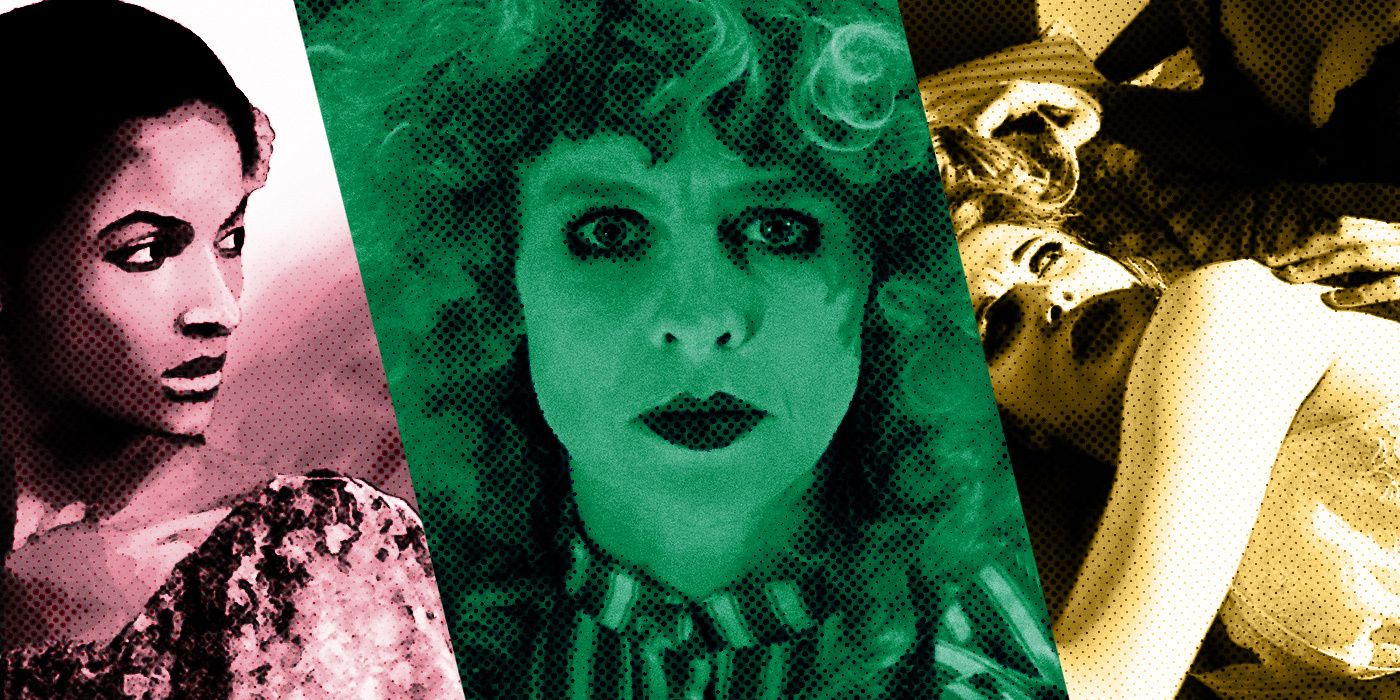
Although The Criterion Channel primarily prioritizes access to classic movies and canonized international favorites, one of the joys of searching the streaming service is coming across underrated movies and underrated cult titles. seen by a wide variety of directors around the world. From horror-tinged siren musicals to chaotically cartoonish acts of cinematic rebellion, this list will spotlight underrated gems and obscure works by female directors, providing further exposure to some of the greatest and most inventive filmmakers in the world. world.
Bad Girls Go to Hell (1965)
Filmed almost entirely in the filmmaker’s home Doris Wishman, bad girls go to hell is the perfect compendium of the director’s sectarian sensitivities. Transposing the typical mid-60s sexploitation film into a new wave-style fever dream, bad girls go to hell transcends the pitfalls of B-level cinema to create a surprisingly surreal film closer to Cindy Sherman“Untitled Film Stills” from the late 1970s that the Roger Corman rough who would follow in his footsteps. Both ahead of its time and an elusive critique of the socio-cultural mores of the time, bad girls go to hell is a bittersweet and alluring masterpiece that begs to be watched and re-watched.
Daisies (1966)
Both a brazen act of breaking cinematic rules and a bold feminist statement in the face of Cold War oppression, Vera Chytilovait is daisies looks more like an episode of looney tunes than a classic action movie. Chronicling the goofy exploits of two girls named Marie as they playfully wreak havoc on anything and anyone who tries to get in their way, daisies took the Czech New Wave into bold new aesthetic and ideological territory, delivering a final film that remains as inventive and engaging today as it was when it was released. From sequences frolicking in flowery fields to whimsical food fights, daisies offers a little something for everyone as long as the public is willing to try something new.
The Gold Diggers (1983)
Blending new-wave musical intrigue and silent-era visual aesthetics, gold diggers is a creative critique of Thatcherism that embodies the anti-capitalist sensibilities of the British post-punk movement. Featuring Julie Christy as the enigmatic and scholarly protagonist Ruby, Sally Potterit is gold diggers eschews traditional perspectives of gender, labor, and commodity through dreamlike storytelling and a playful decentering of patriarchal control both onscreen and behind the camera, as the film was made by an all-female film crew .
Karaoke Girl (2013)
Acting as a treatise on personal agency and a survey of the state of sex work in contemporary Thailand, karaoke girl is an effective and moving docudrama that unravels the nuances of class dynamics and family structures without becoming exploitative. Centered on the lightly fictionalized story of Sa Sittijun as she navigates the complexities of city life and her new occupation, karaoke girl is an amazing exercise in empathy that demystifies an often misunderstood and sensationalized subject.
The Lure (2015)
Beyond Sally Potter’s Musical Madness gold diggers, the lure blends elements of folk horror and fairy tales into playful Polish pop opera. Defying easy description and categorization, Agnieszka SmoczynskaThe acclaimed musical fable of two mermaid sisters navigating to adulthood and first love at the end of the Cold War in Poland has to be seen to be believed. With moments of shock humor and body horror interspersed with sweet moments of affection and queer expression, the lure is an essential entry into the house’s canon of contemporary art.
Losing Ground (1982)
With evocations of the red-tinged chamber dramas of Ingmar Bergman and the melodious camera styles of Vincent Minnelli, Lose ground effortlessly captures the ecstasy of cinema with equal empathy and subversion in its framing and composition. Director Kathleen Collins subtly subverts the male gaze through its framing, as its characters and settings dismantle the patriarchal and racial systems that have historically prevented black women from engaging on equal footing with academia and the arts. Lose ground is one of cinema’s most effective meta-exercises due to its excellent cast and crew’s evident adoration of cinematic expression as both an artistic and academic endeavour. The “movie within the movie” is particularly brilliant, recounting the film’s themes through a stripped-down parable without ever condescending or preaching to its audience.
One Sings, the Other Doesn’t (1977)
Even like One sings, the other doesn’t offers a slight aesthetic deviation from the typical production of a legendary author Agnes Vardathe musical liveliness and colorful visual storytelling ground the film in a framework of feminist liberation and socio-cultural agency that would define Varda’s overtly political cinema throughout the 1970s. Chronicles Pauline and Suzanne’s friendship through several years of personal growth and motherhood, One sings, the other doesn’t is an underrated entry in Varda’s excellent career and an essential film of the 1970s.
Ornette: Made in America (1985)
Although the film delves into conventional documentary cinema in its second half, Shirley Clarkdizzying musical portrait of an avant-garde jazz legend Ornette Coleman encapsulates the artist’s inventive approach to music through early digital effects and eclectic visual experimentation. Both revealing of its time and timeless in its account of artistic genius, Ornette: made in America remains a bold testament to the limitless nature of jazz music and cinematic form.
A Mighty Thang (1991)
As sexual as they are witty, few films have surpassed A Mighty Thangnon-linear approach to story and cultural production, creating an entirely original dance-centric romantic drama. Focus on a couple who reconnect after the birth of their son, director Zeinabu Irene Davis renders the film as a mystical celebration of black love, tying the film to narrative cycles of romantic nostalgia and erotic entanglement. Methodically rhythmic and wonderfully joyful, A Mighty Thang deserves to be considered among the most vital films of the 1990s.
Saving Face (2004)
Considered a cult classic in the alternative canon of queer romantic comedies, Alice Wuit is Save face is an equally hilarious and heartwarming look at the cross-cultural tensions that characterize Vivian and Wil’s lesbian romance in 21st century New York City. Rather than trying to reinvent the genre, Wu and his wonderful cast subtly subvert the romantic comedy from its stereotypical structures, creating a film that remains as endlessly re-watchable as it is quietly groundbreaking.
Smooth Talk (1985)
Although Joyce ChopraThe quietly menacing meditation of adolescence is adapted from a Joyce Carol Oates short story, speak softly unfolds like a slow-burn fusion of a traditional ’80s high school movie and a Big Bad Wolf fairy tale. Anchored by an effervescent but vulnerable turn of a youngster Laura Dern and a thrilling performance by Treat Williams, speak softly creates tension like a gentle breeze, turning a story of innocent self-discovery into a cautionary tale fueled by terror.
Read more
About the Author

